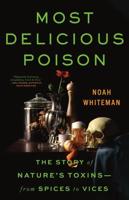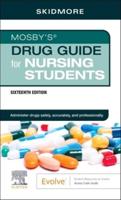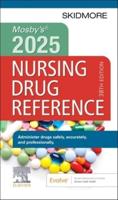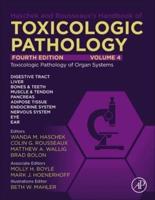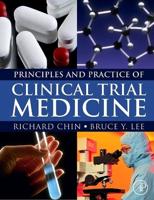Publisher's Synopsis
The construction of this volume has been guided by two personal convictions. Experience in the field of experimental chemotherapy, both in the pharmaceutical industry and academia, has convinced us that recent quantum technological advances in biochemistry, molecular biology, and immunology will permit and, indeed, necessitate an increasingly greater use of rational drug development in the future than has been the custom up to now. In Part l, therefore, we asked our contributors to provide detailed reviews covering the biology of the malaria parasites and their relation with their hosts, the experimental procedures including culture techniques that are necessary to take a drug from primary screening to clinical trial, and an account of antimalarial drug resistance. Our second conviction is that many research workers are all too loath to learn from the lessons of the past. For this reason we asked the contributors to Part 2 of this volume to review very thoroughly the widely scattered but voluminous literature on those few chemical groups that have provided the antimalarial drugs in clinical use at the present time. Much can be learned from the history of their development and the problems that have arisen with them in man. Some indeed may still have much to offer if they can be deployed in better ways than they are at present. This question has been taken up by several authors.


